As consumers become increasingly eco-conscious, filter water taps are set to take centre stage in the market. Cian Brittle reports
Boiling water taps have dominated headlines in recent years, and they are only becoming more popular as time passes. So it’s easy to forget about filter water taps and the benefits they provide.So, it’s easy to forget about filter water taps and the benefits they provide.
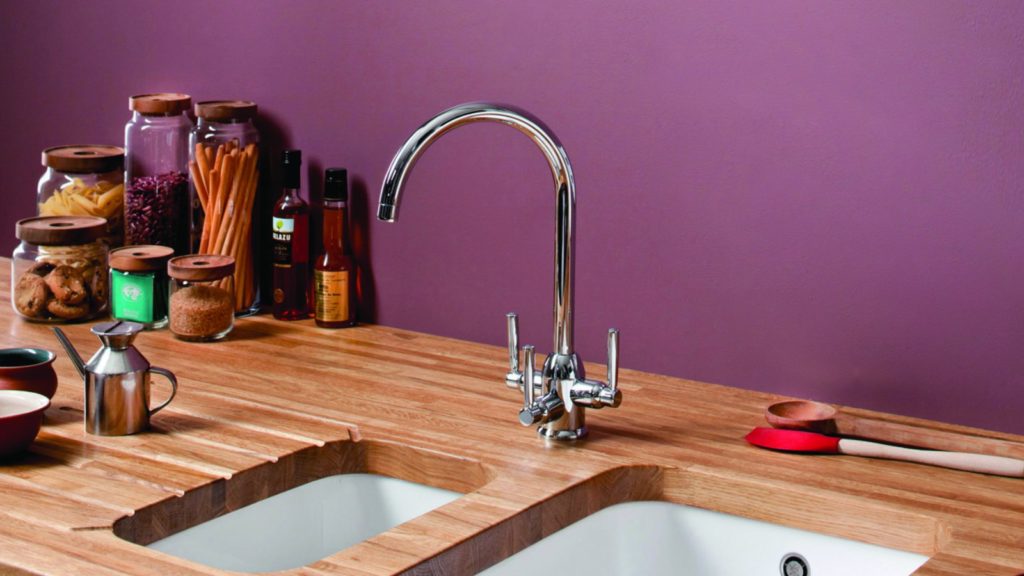
Consumers are already aware of the environmental damage caused by single-use plastics, so with more education, filter water taps can only increase in popularity.
Sponsored Video
Paul Bailey, senior category manager for Grohe UK, summarises: “The market has certainly developed significantly over the past two years, particularly as the media is broadcasting about the concerns of microplastics in standard tap water and society is becoming more considerate about buying single-use plastic bottles.”
And this increase in demand will create a concurrent rise in the range of options available to consumers.
This is confirmed by Abode’s marketing manager Leanne Adamson, as she comments: “Water filter taps are no longer a niche product. Now, there are a greater number of designs and solutions available meaning the product is gaining traction in the mid-market too.”
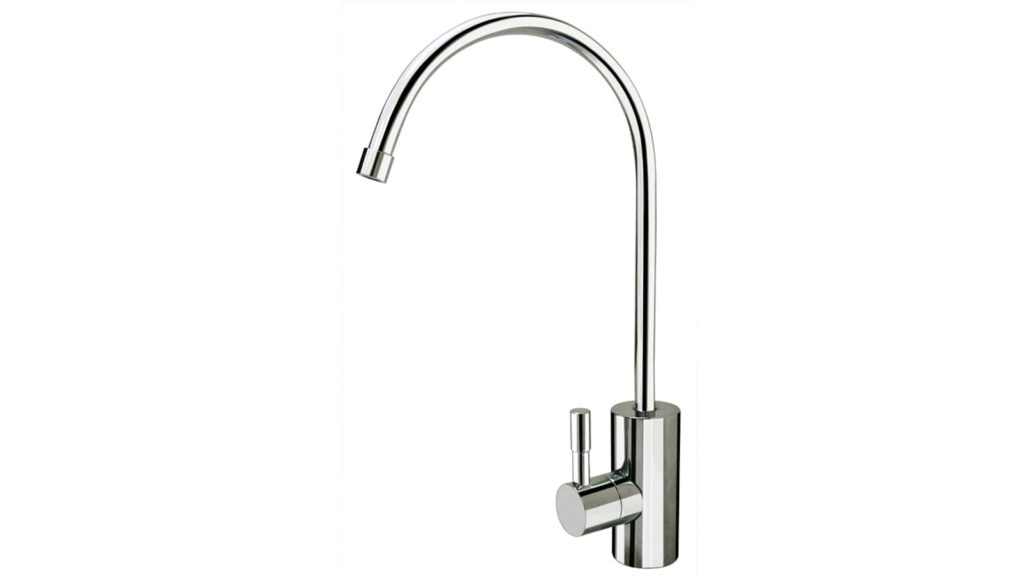
Retro-fit success
At the moment, filter water taps are seeing the most success through the retro-fit market due to their ease of installation.
Communications manager for Franke Jeanette Ward explains: “The RMI (repair, maintenance and improvement) market offers the greatest sales potential for filter taps because they offer very easy installation.”
She adds: “Moreover, they can be seamlessly retrofitted into an existing kitchen tap hole, require no additional plumbing or electrics and so are an easy purchasing decision to make.”
Leanne Adamson of Abode adds to this: “As consumers become increasingly ‘green thinking’ with their home purchases, the replacement market will likely grow further.”At the moment, filter water taps are seeing the most success through the retro-fit market due to their ease of installation.
Anne Kaarlela, marketing communications manager for Europe and Russia at InSinkErator, agrees: “The retro-fit market is important for growth in the specialist kitchen taps market.”
However, Paul Bailey of Grohe has a different view, focused on Grohe’s newest addition to the filter water tap market. He comments: “We are experiencing a higher purchasing rate within the newbuild or renovation market for our Grohe Blue Home.”
And he also raises another issue that could become more commonplace as the technology surrounding filter water taps advances, complicating the installation process.
He explains: “[The Grohe Blue Home] is still widely purchased for retro-fit, but additional work may be needed to accommodate installation requirements.”
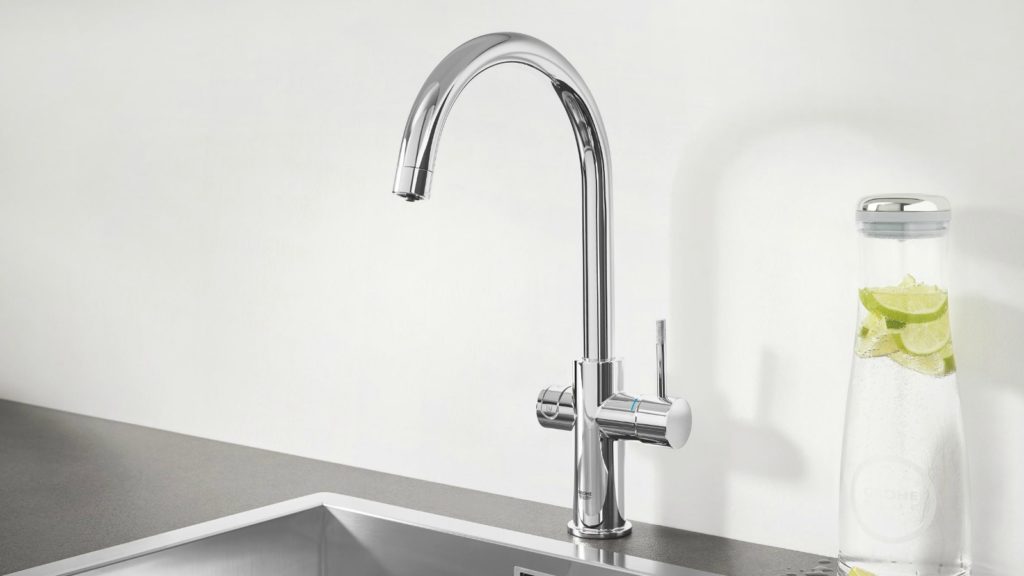
Educate consumers
There is certainly still work to be done in ensuring consumers are aware of the benefits for when they want to upgrade.
But how can designers and retailers encourage clients to trade up?
The consensus is to focus on the obvious environmental benefits, with marketing manager for CDA Steve Corbett explaining that “interest in cold filtered water [will increase] as people try to move away from plastic bottles.”
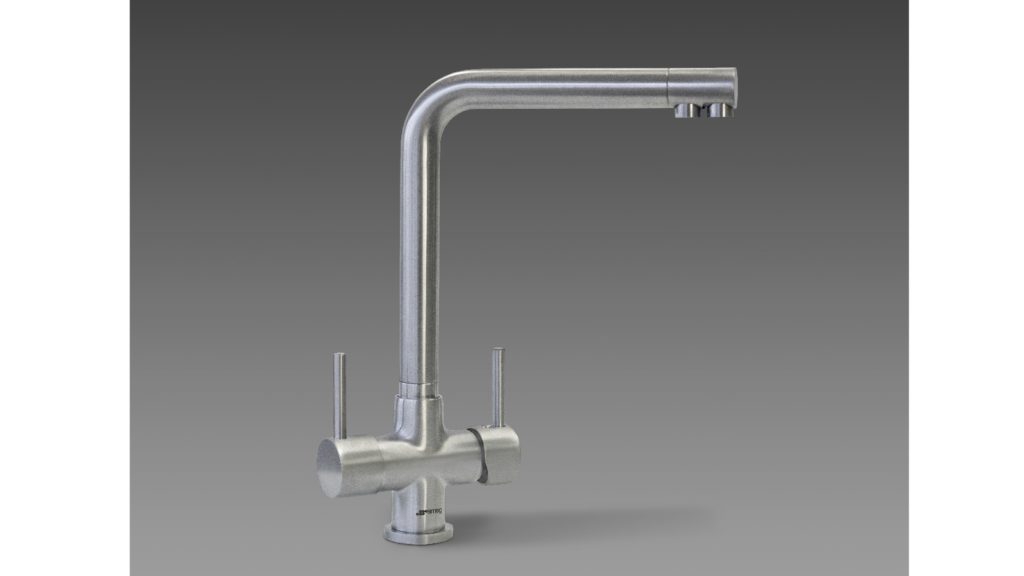
Jeanette Ward of Franke explains in more detail: “Retailers can point out that just one filter cartridge in our Dante Tri-Pure taps will cleanse 2,800 litres of water – the equivalent of 5,600 half-litre water bottles.”
They also improve the overall quality of the water, as Leanne Adamson of Abode explains: “Filter water taps remove all the impurities that can find their way into tap water – you have to educate clients as to the number of benefits a filter tap can provide.”
Even though the environmental benefits will be of most interest to consumers, other features can also play their part in convincing consumers to trade up. InSinkErator’s Anne Kaarlela highlights: “There are numerous advantages that specialist kitchen taps deliver for the homeowner wishing to be more resource efficient and reduce kitchen clutter.”
And this is expanded upon by Paul Bailey of Grohe, who comments: “Filtered taps, especially those with additional features such as sparkling water options, app compatibility and pull-out hoses, are great selling points for potential customers.”
He continues: “Tapping into factors such as sustainability, which consumers are taking much greater responsibility for nowadays, is a great conversation starter.”
Reaching boiling point
Yet, despite these benefits, is there a worry that the dominance of the boiling water tap has left filter water taps competing for sales?
After all, as raised by Anne Kaarlela of InSinkErator, the 2018 Houzz UK kitchen trends study “found that 24% of UK consumers had either installed a steaming hot water tap in their kitchen in 2017, or planned to install one in 2018.”
And Steve Corbett of CDA highlights another potential competitor that could affect sales: “The growth in US-style fridge freezers with water dispensers does mean that many customers have perfectly chilled and filtered water readily available.”
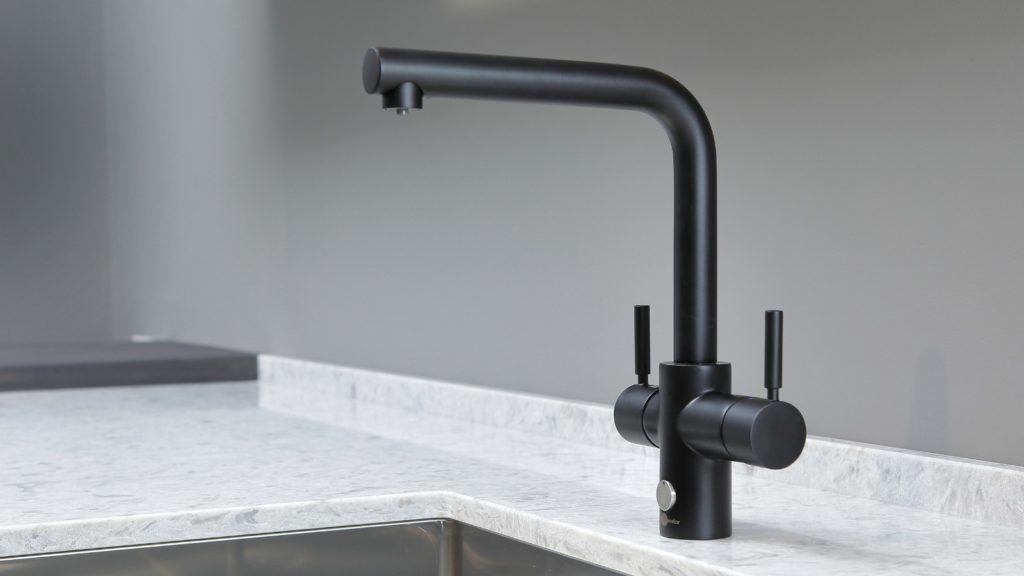
Technology on tap
Moving forwards, it’s the general consensus that filter water taps will follow the trend of ecologically-aware consumers and increase in popularity exponentially.
However, they must keep pace with the technological revolution to remain relevant to forward-thinking consumers.
Anne Kaarlela of InSinkErator summarises: “The future needs to continue to be about sustainability. Research conducted by the United Nations highlighted that plastic drinking bottles are the second most commonly found single-use plastic in the environment.”
But it’s important there is not innovation for innovation’s sake, as Kaarlela points out that “what the consumer really wants from their kitchen is a blend of superb functionality and stunning design.”
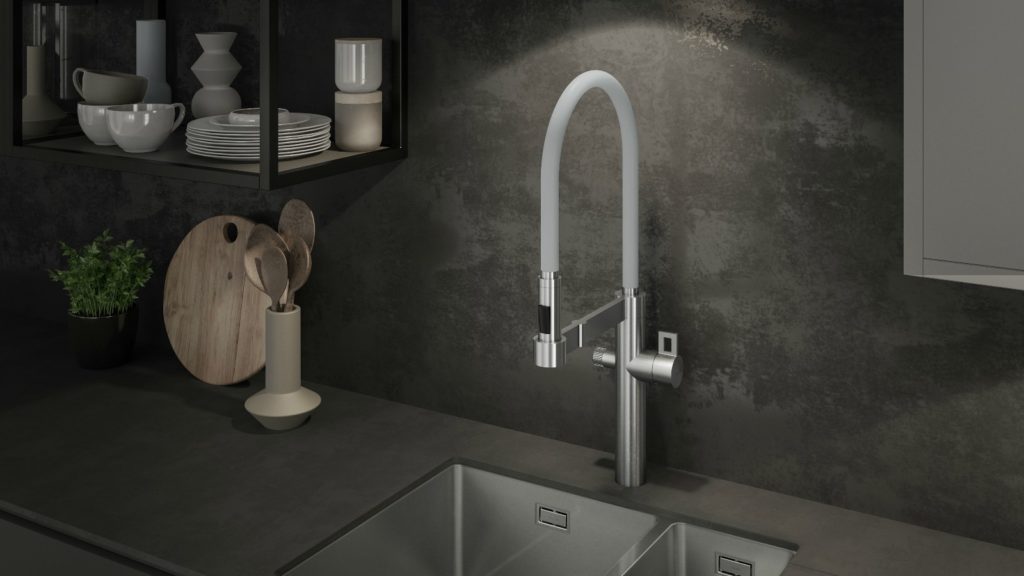
And Paul Bailey concludes: “We believe the digitalisation of water, providing the utmost convenience to the user, as well as finding sustainable solutions, will both continue to be major factors in the R&D of new filter water tap design.
“Taste, of course, as well as health, will also remain at the forefront of this area of product design.”



